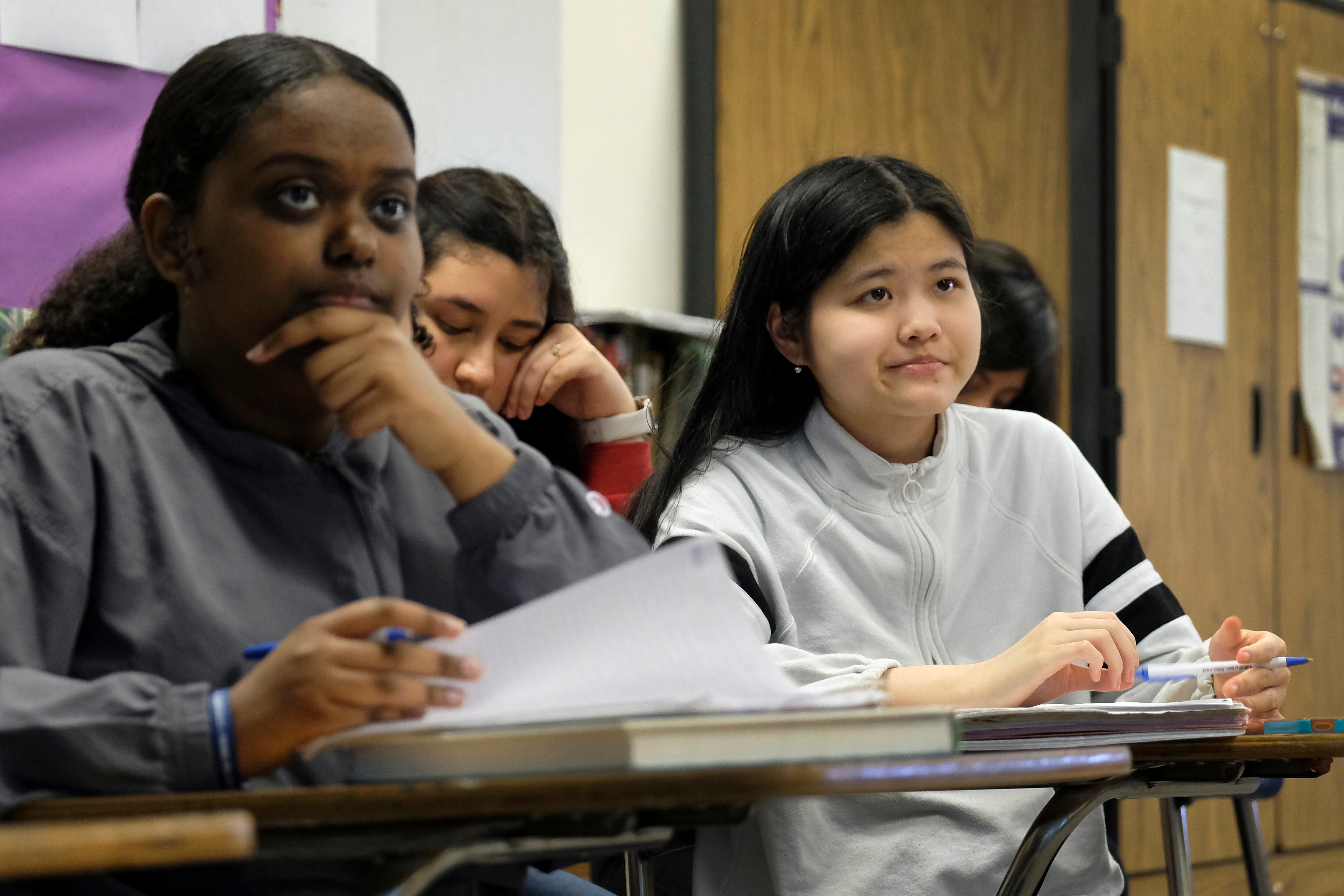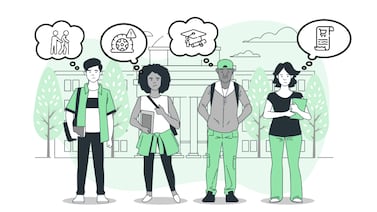Chicago teens looking to give advice to Mayor Brandon Johnson and his administration can apply to serve on an advisory group that provides input on key issues affecting the city’s young people.
Johnson’s predecessor, Lori Lightfoot, launched the Mayor’s Youth Commission in the fall of 2019. She made it a formal advisory body as part of a flurry of executive orders in the days before she left office in May.
In its upcoming term, city officials say, the 32-member commission will focus on four areas: education, public health, public safety, and neighborhood development.
Members will meet monthly to weigh in on city initiatives, plan youth outreach campaigns, and more — adding up to a commitment of five to 10 hours a month. In exchange, they’ll get public transit passes and a stipend, though the amount was not immediately clear.
The application deadline is July 1. Any Chicago resident ages 14 through 19 can apply on the city’s website.
The application site says the mayor’s office is seeking teens who have “a strong connection to their community, a passion about issues that impact youth, and interest in collaborating with City leaders to impact Chicago’s future.”
The current advisory group, whose term will end in August, recently released its annual New Ideas report.
Youth commissioners serve up to two years. Interested teens can email mayorsyouthcommission@cityofchicago.org with questions.
Mila Koumpilova is Chalkbeat Chicago’s senior reporter covering Chicago Public Schools. Contact Mila at mkoumpilova@chalkbeat.org.








